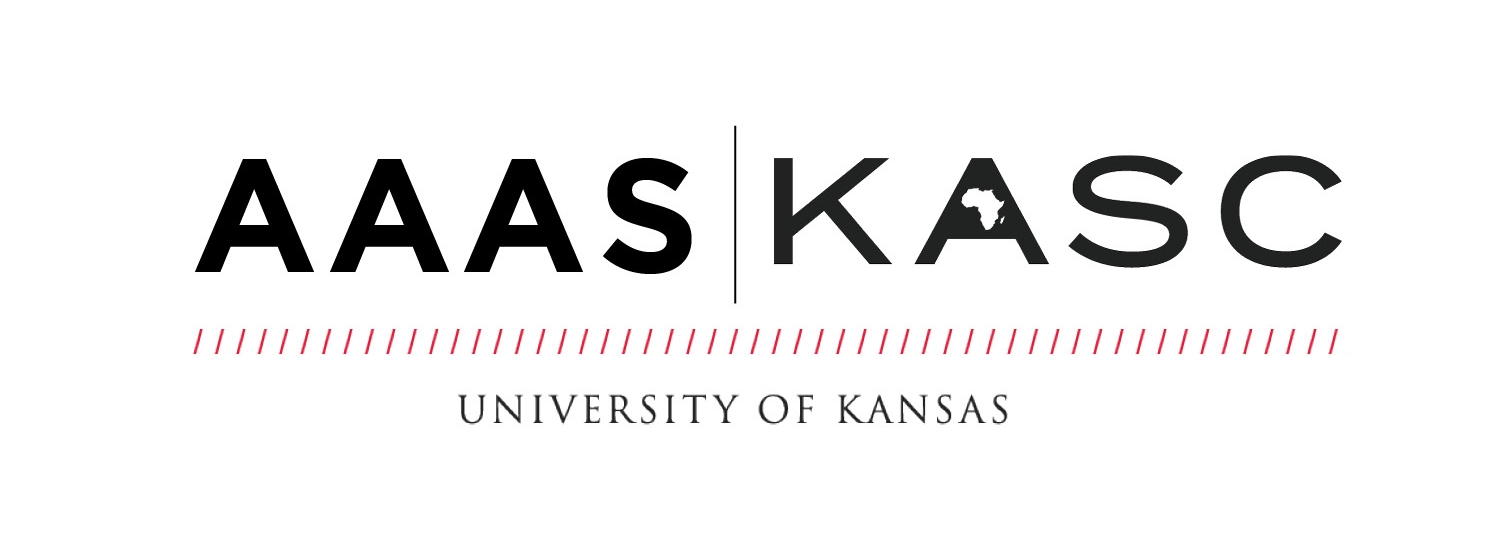2021 Symposium on African Digital Humanities
Date: November 9, 2021
10AM to 2pm (US Central Time)
Zoom
In the last several years, the internet and computer software have become more central in the scholarly labors of African humanities scholars, with many producing digital archives, using software-based platforms to interpret historical data and linguistic corpora, and others questioning the political dimensions of technological systems often black-boxed as neutral. But the continued rise of African digital humanities as a sub-field of DH exploring the intersections of traditional humanistic inquiry in Africa and digital technologies and computational methods, confronts us with questions of definition. This second iteration of the African DH symposium at the University of Kansas builds on last year’s theme on digital storytelling and its articulations in Africa-based contexts and communities. This year’s gathering centers on our attempt to understand the meanings and potentials of African digital humanities and to explore what Roopika Risam and Kelly Baker Josephs refer to as the Digital Black Atlantic by examining the value of collaborations and connections in digital humanities research in African and African diaspora frameworks. Like last year, the symposium brings together participants from African locations, including the work of graduate students and early-career faculty.
By sharing insights from their own work and digital projects, these scholars will tackle the meaning of African digital humanities, and examine the ways it emerges as a critical iteration of postcolonial theoretical approaches to the digital humanities in other contexts of the global south. The symposium also responds to African articulations of the digital cultural record, the possibilities and limitations of digital platforms and objects for African humanities scholarship, as well as the politics of algorithmic and machinic systems in African knowledge production. As interdisciplinary panels that connect a wide range of ideas in the digital humanities from Africa and the African diaspora, we hope to expand the growing links between DH scholarship in Africa and the Global North.
Schedule
Tuesday, 9 November 2021
10:00 AM - 2:00 PM, US Central Time
Welcome
0:00 AM - 10:15 AM, US Central Time
KEYNOTE Dialogue:
South-south Collaborations in the Digital Humanities
Alex Gil, Columbia University & Hlonipha Mokeona, Witss University, South Africa
10:15 AM - 11:15 AM, US Central Time
PANEL 1: Meanings, Potentials, & Limitations of African Digital Humanities
11:15 AM - 12:20 PM, US Central Time
-
Emmanuel Ngué Um, University of University of Yaoundé, Cameroun
Digital Humanities in African Low-resourced Environments: Responsibilities, Lessons & and Opportunities -
Caitlin Tyler-Richards, MSU Press
Neither Feasts Nor Famine: Visualizing Nigerian Fiction Networks -
Augustine Farniola, University of Birmingham
The Question of African Agency in DH Practices
Break 12:20 AM - 12:30 PM
PANEL 2: African DH from the Diaspora: Connections and Collaborations
12:30 PM - 1:30 PM, US Central Time
-
Kayinsola Obayan, MIT
The Uncertain Place of Archives in African DH -
Ama Bemma Adwetewa, Cornell University
Digital Labs Across Cultures -
Jennifer Kyker, University of Rochester
Decolonizing through Digital Humanities
Speakers
Alex Gil

Alex Gil is the Digital Scholarship Librarian at Columbia University, where he collaborates with faculty, students and library colleagues in humanities research, pedagogy and knowledge production that involves the use of advanced computation, digital media design, and network technologies. he is the lead coordinator for the Butler Library Studio at Columbia University Libraries, a tech-light library space focused on digital scholarship and pedagogy, and now a broadcast, Studio Remote. He is also co-founder and moderator of Columbia’s Group for Experimental Methods in the Humanities, a trans-disciplinary research cluster focused on experimental humanities; one of the creators and main editors of archipelagos journal: a journal of Caribbean digital praxis, and co-wrangler of its sister conference series, The Caribbean Digital. His research interests include Caribbean culture and history, with a focus on twentieth century poetry; digital humanities and technology design for different infrastructural and socio-economic environments; and, the relations of power and material extent of the cultural and scholarly record.
Hlonipha Mokoena
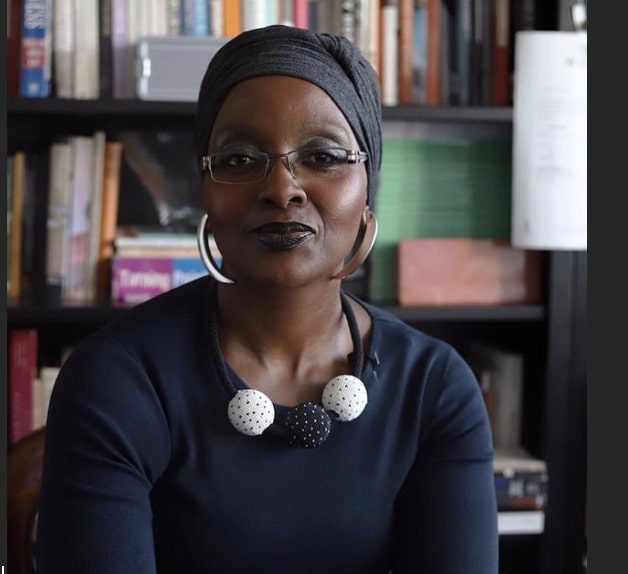
Hlonipha Mokoena received her Ph.D. from the University of Cape Town in 2005. From 2006 to 2015 she taught in the Anthropology Department at Columbia University in the City of New York. She is currently an associate professor and researcher at WiSER (Wits Institute for Social and Economic Research) at the University of the Witwatersrand, Johannesburg. Her articles have been published in: Journal of Natal and Zulu History; Journal of Religion in Africa; Journal of Southern African Studies; Ufahamu: A Journal of African Studies; Journal of African History; Kronos: Southern African Histories; Interventions: International Journal of Postcolonial Studies; Image & Text and Critical Arts. She has also written catalogue essays for Zanele Muholi, Mohau Modisakeng, Sabelo Mlangeni, Sam Nhlengethwa and Andrew Tshabangu. Her first book is on Magema M. Fuze, author of the Abantu Abamnyama Lapa Bavela Ngakona (1922) / The Black People and Whence They Came (1979).
Caitlin Tyler-Richards
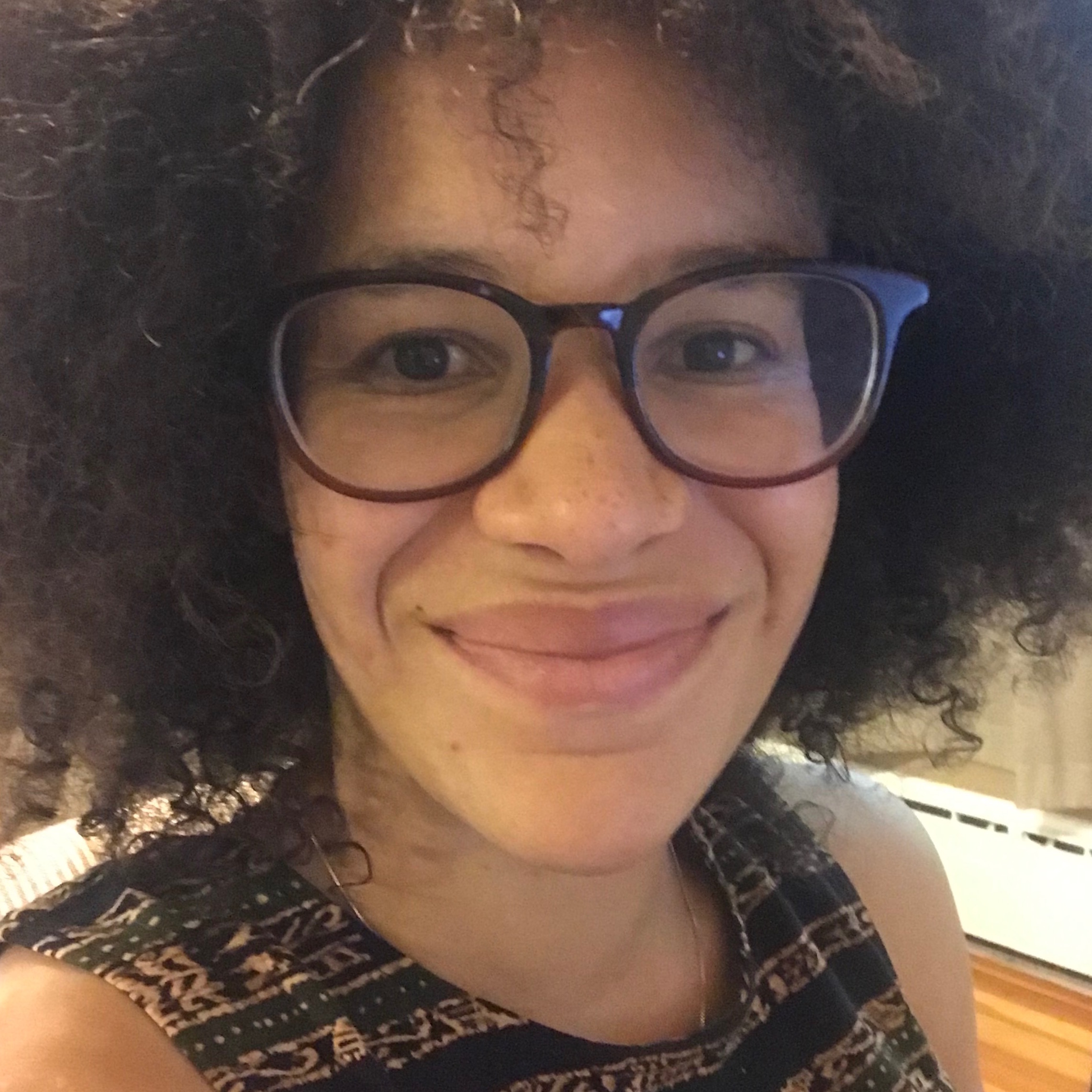
Caitlin Tyler-Richards is an editor at Michigan State University Press, where she acquires traditional and born-digital projects in African, African American and Diaspora studies, as well as Digital Humanities. She is also a PhD candidate in African History at the University of Wisconsin-Madison and is completing a born-digital dissertation titled “Onto the World: Producing, Distributing and Consuming Nigerian Fiction after 1945.” Tyler-Richards discusses creating and analyzing a Nigerian fiction title database, an experience which forced her to confront the possibilities and limitations of using data and visualization tools to re-center African literary history.
Emmanuel Ngue
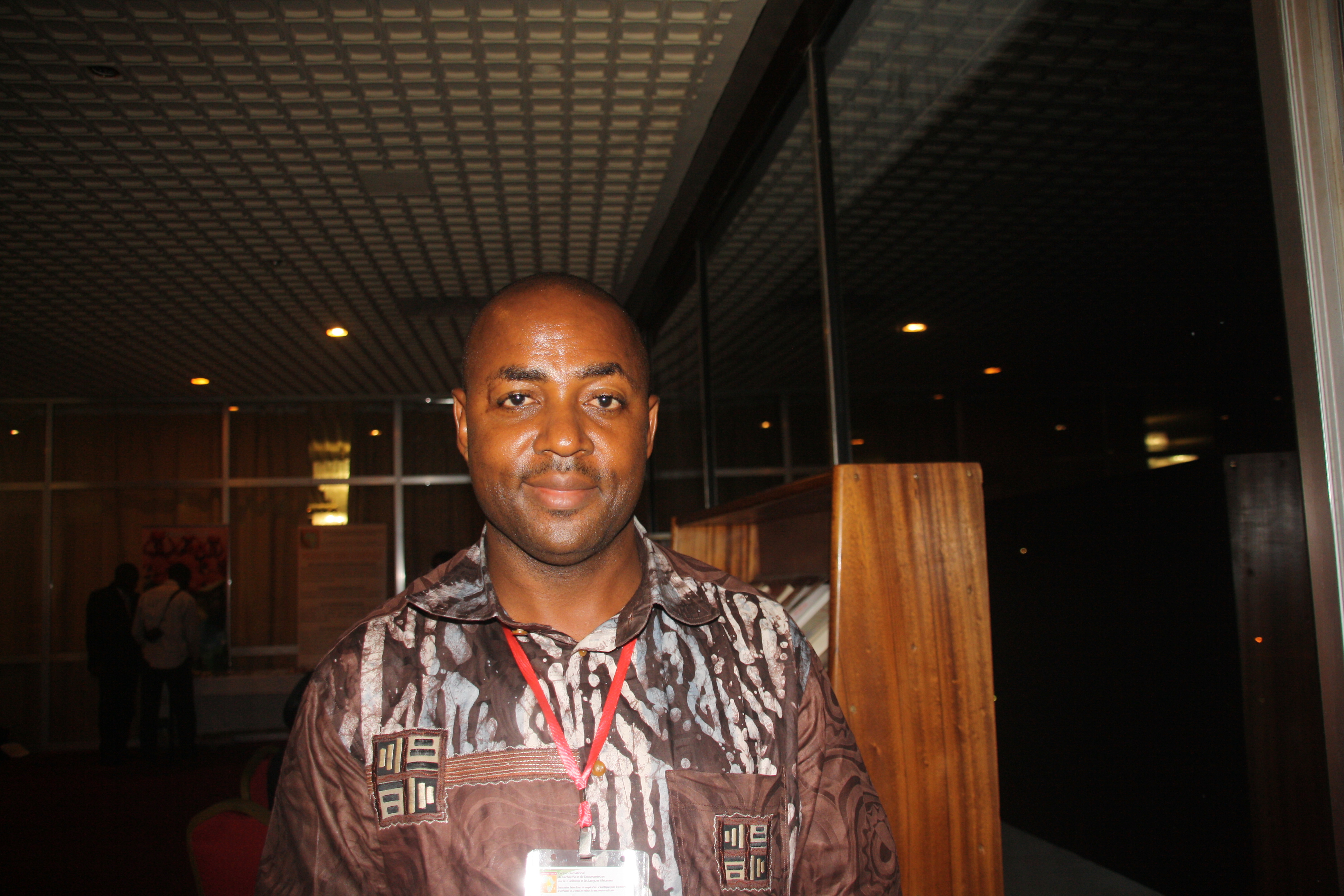
Emmanuel Ngue is an Associate Professor of Linguistics & Digital Humanities at the University of Yaoundé and is currently Head of the Department of Cameroonian Languages and Cultures at the Higher Teacher Training College of Bertoua, University of Ngaoundéré, Cameroun. He is manager of the Archive of Languages and Oral Resources of Africa hosted by the CERDOTOLA (International Center for Research and Documentation on Africa’s Traditions and Languages), and is a member of the Editorial Board of th International Journal of Humanities and Arts Computing (IJHAC).
Agustine Farinola
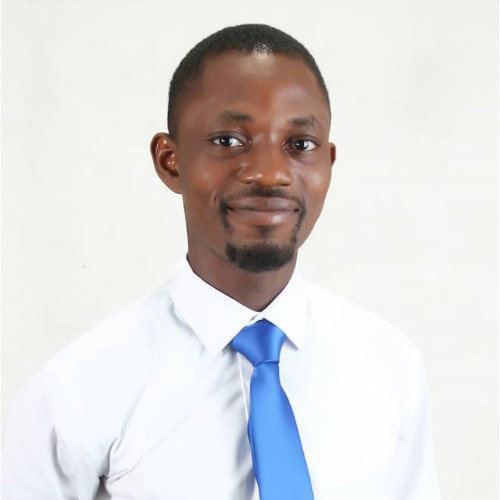
Augustine Farinola is a literary and cultural critic who specializes in the use of Philosophical theories and Computational Approaches to Textual Analysis of Literary corpus. He specializes in the use of data-based and algorithm powered methods in exploring the intersection between themes that cut across 20th century Western and African Philosophy and Literature. He is also interested in contemporary computational methods including Machine Learning, Named Entity Recognition, Semantic Data, Topic Modeling, and various Textual Analysis Technologies in the Digital Humanities. He is a PhD Researcher at the University of Birmingham, and currently the Chair, Board of Directors, African Researchers Network, UK.
Kanyinsola Obayan
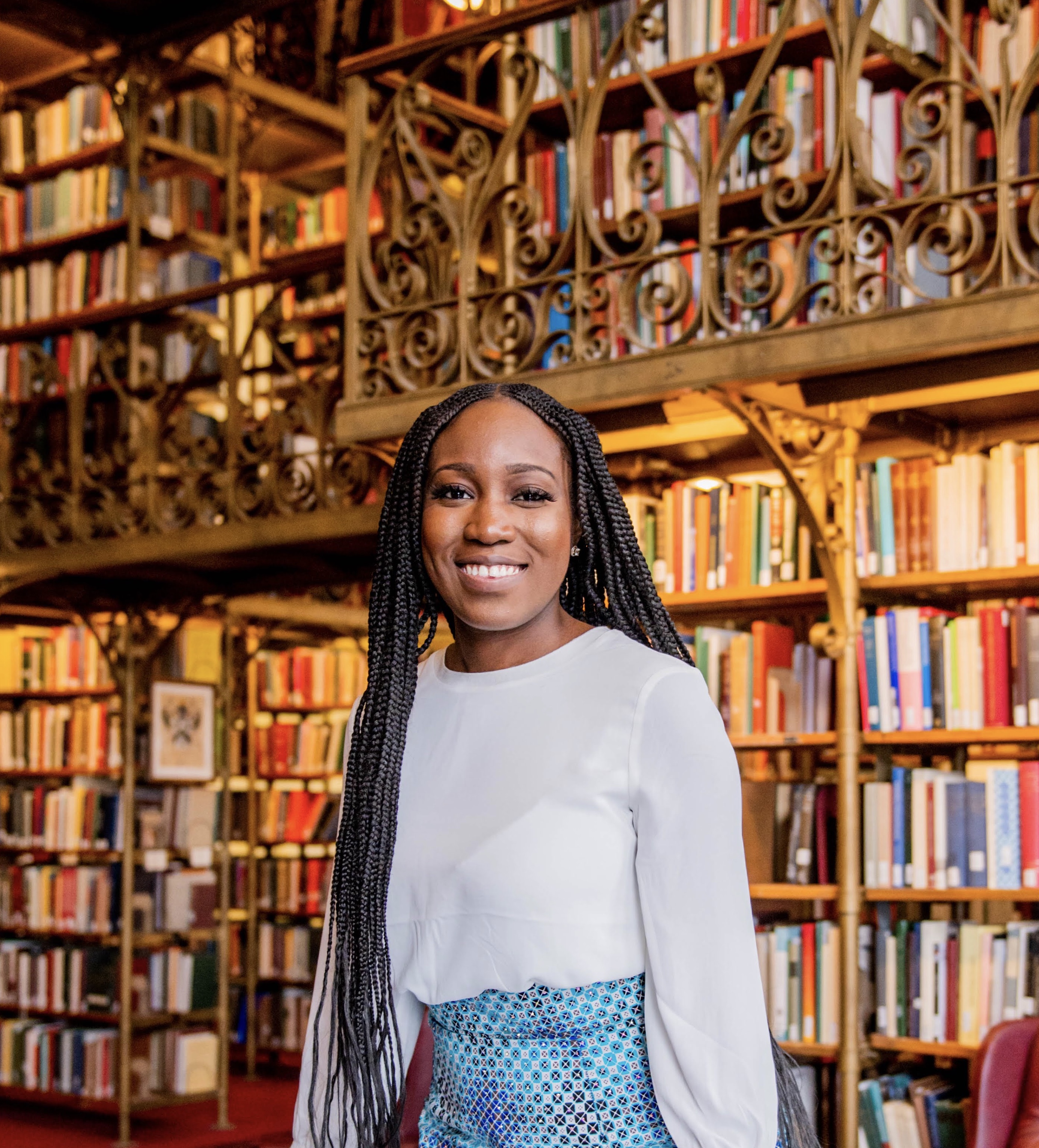
Kanyinsola Obayan is a Mellon Postdoctoral Fellow in Digital Humanities at MIT. She received her Ph.D. in Africana Studies at Cornell University. Her primary intellectual interests lie at the intersections of Africana Studies, digital humanities, and science and technology studies, where she investigates the sociocultural implications of technology entrepreneurship in contemporary Africa using Lagos, Nigeria as a point of departure. Kanyinsola holds a BA in International Relations and Global Studies and African and African Diaspora Studies from The University of Texas at Austin. She is also the founder and Executive Director of a 501(c)(3) nonprofit organization, Orisun Collective Inc.
Jennifer W. Kyker
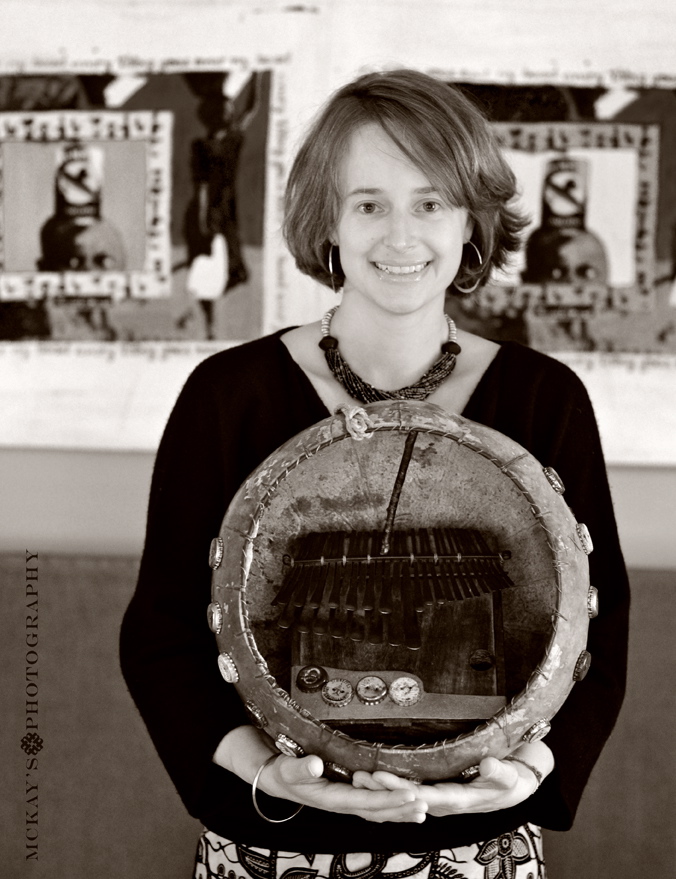
Jennifer W. Kyker is an Associate Professor of Ethnomusicology at the Eastman School of Music. Her ethnography of popular music in postcolonial Zimbabwe, titled “Oliver Mtukudzi: Living Tuku Music in Zimbabwe,” was published through Indiana University Press’s African Expressive Cultures series in 2016. Supported by an ACLS Fellowship, Kyker’s current project, titled “Sekuru’s Stories,” is a born-digital public humanities project that explores the musical life of the renowned Zimbabwean mbira dzavadzimu player, oral historian, and ritual specialist Sekuru Tute Chigamba. Kyker’s articles on topics such as listening and reception, music and gender, HIV/AIDS, and Zimbabwean musical bows have appeared in a number of journals, including Ethnomusicology, Ethnomusicology Forum, African Music, and the American Journal of Public Health. In addition to her recent ACLS Fellowship, Kyker, has also received both Fulbright and Fulbright-Hays Fellowships in support of her work. Jennifer also founded the nonprofit organization Tariro, which educates teenaged girls in Zimbabwean communities affected by HIV/AIDS. Her presentation will focus on decolonizing scholarship through the digital humanities, with emphasis on two related issues - enhancing accessibility and access for audiences located in Africa, and building digital projects that integrate indigenous languages.
Ama Bemma Adwetewa-Badu
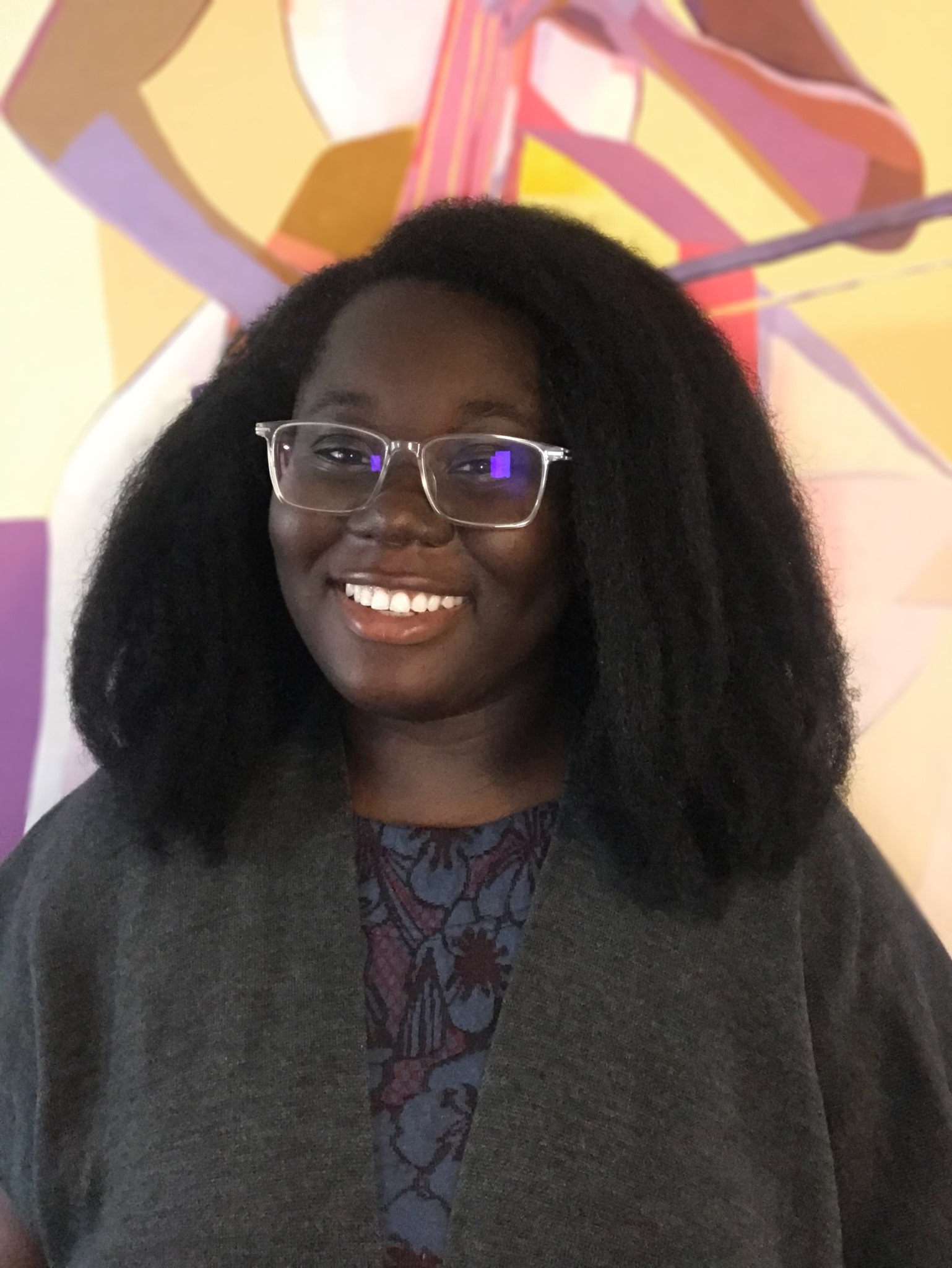
Ama Bemma Adwetewa-Badu is a writer, teacher, and researcher based in New York. Born in Kumasi, Ghana, her work often draws from her own history and contends with questions of borders, geography, and place, particularly for Afro-diasporic persons for whom nation-based location and belonging have historically been contended practices. Ama Bemma is the founder and director of the Global Poetics Project (GPP), a digital experimental archive, co-working space, and new-media studio invested in developing resources, approaches, and tools for the study of poetry. Both through the GPP and her other research projects, she contends with how poets relate to one another and the literary coteries Afro-diasporic poets have formed throughout the Black Atlantic from decolonization to the present day. She is also a Ford Foundation Dissertation Fellow and a PhD candidate at Cornell University where she is working on a dissertation that examines the mediums Afro-diasporic poets used to foster cross-national and cross-cultural solidarities throughout the anglophone world. She is also a founding member of the Comparative Black Studies working group; a collective focused on developing and working through new perspectives on Black culture, literature, and history through transnational contexts.


